










We only collect the personal information we need and we never store details of identity documents used to create a USI.
To further protect privacy, we have removed the option for students to use identity document to find their USI. Students can update their personal details (name, gender, country/town/city of birth) or contact details (email/mobile) through the Student Portal.
Visit our website to find out more about how we protect your privacy .
A student must give permission to an authorised organisation to:
• create a USI on their behalf
• search for their USI
• view and/or update details on their USI account
• disclose their USI to another provider
• view their VET transcript.
Staying Connected in VET
November 2022 Volume 19
THE HON. BRENDAN O’CONNOR MP, MINISTER FOR SKILLS AND TRAINING
The Future of the Vocational Education and Training (VET) Sector
12
NATIONAL CAREERS INSTITUTE
2022 Australian Training Awards
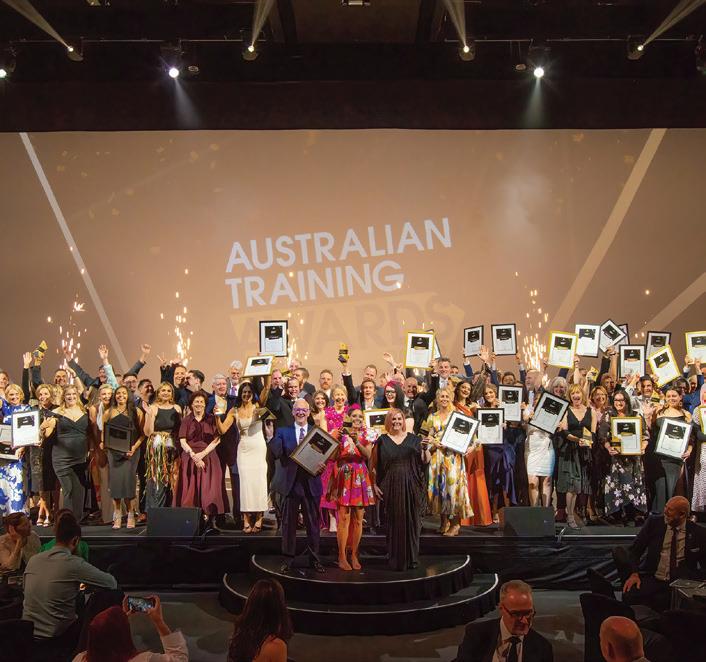
13
SAXON RICE, CEO, ASQA

Standards and Selfassurance: building confidence in quality outcomes
SHELLY BENGIAT, CEO & MELINDA DE LUNA, COCEO, ENVIROTECH GROUP
Marine Biology for the Fisherfolks
JOHN PRICE, DIRECTOR, & RODNEY CRYER, PRINCIPAL CONSULTANT
An Approach to Achieving Compliance through Quality and Self-Assurance
VELG TRAINING
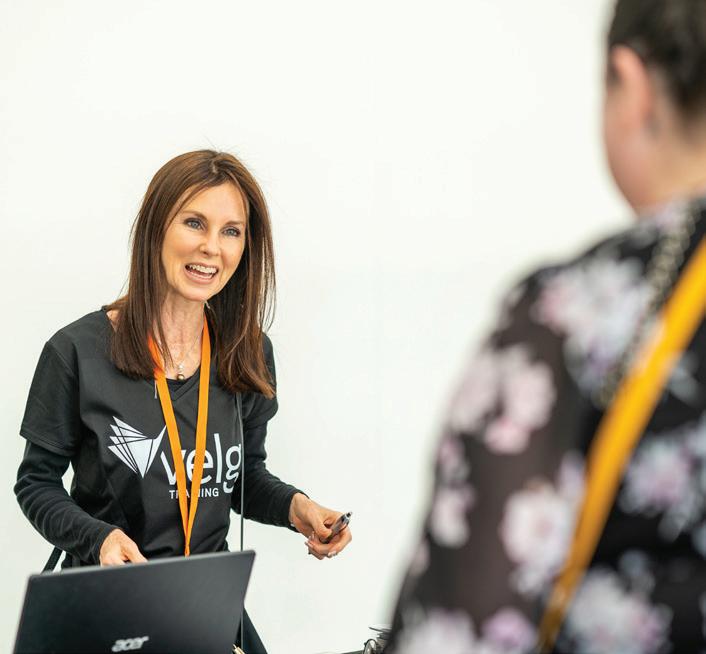
The 2022 National VET Conference - Back Better Than Ever!
DR MELISSA FANSHAWE, SENIOR LECTURER, USQ
Supporting future work needs through VET for learners with disability
AUSTRALIAN GOVERNMENT DEPARTMENT OF EMPLOYMENT AND WORKPLACE RELATIONS
Better data, faster - VET Data Streamlining
KAY SCHLESINGER, EDUCATOR, ISSI FELLOW & CONSULTANT
New educators: present, productive, and positive in our organisations
Welcome to the 19th edition of the Staying Connected in VET eZine. I want to thank our article contributors and advertisers, without whom this publication would not exist.
2022 has been filled with its fair share of interesting developments but also positive steps towards a future that is starting to deescalate the burdens of the last two years. It is heartening to see that as we slowly rebuild our sector back to and beyond where we were in 2019, there is a renewed passion for producing quality Vocational Education and Training as we skill Australia’s future.
The Australian Skills Quality Authority (ASQA) has had a busy year! They have released their Draft model for selfassurance committing to a 4-year program of work in promoting, facilitating, and supporting sector capability to selfassure. As part of their ongoing engagement with the sector, ASQA will continue their consultations to promote and build an understanding of self-assurance as a critical driver of quality outcomes.
Their Regulatory Risk Priorities for 2022-23 highlighted a focus on care and disability support, international market performance, and economic factors. Additionally, governance and delivery risks associated with training package transitions have been earmarked, along with trainer and assessor capability.
Looking forward, we envision 2023 will be a big year for RTOs and for individual trainers and assessors as everybody faces the upcoming changes to the Standards for RTOs and the introduction of the updated TAE Training Package. 2023 will also bring with it the VET Data Streamlining program implementation, which will impact the information reported, how it is collected, and how frequently it is submitted. It will see the introduction of the VET Information Standard to replace AVETMISS 8, a new Student and Training Activity Reporting System (STARS) that can connect to Student Management Systems and allow for anytime submission and more timely validation of data.
Here at Velg Training, as part of our promise and commitment to support you in quality and compliance, we will strive to help you apply these changes, update our assistive resources, and provide real-time professional development (PD).
At the time of this publication, we can proudly say that with more than 10,000 registrants thus far in 2022 for our online events; we seem to be hitting the mark when it comes to supporting VET Practitioners.

We have rolled out online mentoring programs to develop (or further develop) specific areas of an RTO’s business, including training and assessment skills and RTO administration skills. We have ‘speed trained’ in LLN and Contextualisation. Our TAS Trilogy focussed solely on Training and Assessment Strategies and aimed to help guide RTOs by ensuring they reflect the true story. In addition to our committed focus to educate in quality and compliance, we’ve also facilitated various online sessions designed to hone the sector’s teaching principles, online delivery assessment and facilitation skills.
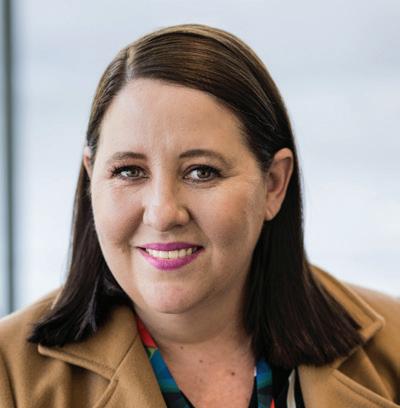
Our beloved National VET Conference program was also meticulously created in direct response to feedback received about what the sector needs when it comes to the largest gathering of VET professionals in the country.
Our focus has been (and always will be) on developing professional development based on your needs. We will continue to invite you to recommend and give feedback on the PD topics you find most beneficial in aiding your development journey. YOU ASK WE LISTEN WE DELIVER!
With this in mind, feel free to contact us at events@ velgtraining.com at any stage to offer your suggestions/ ideas/thoughts on what you would like to see next year.
I truly hope you enjoy this edition of the eZine and I wish you, the reader, a great holiday season. May it be filled with the possibility of travel and access to all of our friends and loved ones. Enjoy!
 Weaver CEO and Founder of Velg Training
Weaver CEO and Founder of Velg Training
@velgtraining www.velgtraining.com
Velg Training
“Part of being optimistic is keeping one’s head pointed toward the sun, one’s feet moving forward.”
- Nelson Mandela -
“ 2022 has been filled with its fair share of interesting developments but also positive steps towards a future that is starting to deescalate the burdens of the last two years. ”
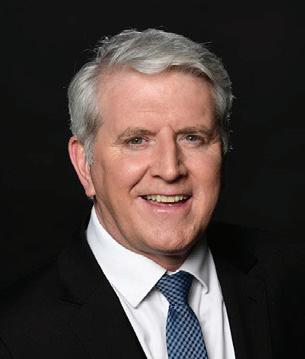
The saying that out of adversity comes opportunity is a perfect way to describe the future of the vocational education and training (VET) sector.
The truth is, OECD data shows that Australia’s skills supply is in a lamentable state, being the second highest skill shortage in the developed world.
The National Skills Commission’s 2022 Skills Priority List recently revealed that over the past year, the number of occupations with skills shortages nearly doubled, underlining how big the task ahead is.
We have a mismatch between what skills our economy needs and the skills we have provided to our people.
Which is why the vocational education and training sector has such an important role to play.
VET provides practical, often flexible and efficient industry-led training. Our training pathways are highly regarded and provide high quality education for students.
When nine out of 10 jobs over the next five years will require a post-school qualification, we need to ensure our VET sector is an attractive career pathway and accessible for all Australians, especially those locked out of the labour market.
The Albanese Government is determined to place the VET sector back at the heart of our efforts to skill up Australians and prepare them for the jobs of the future.
We want to make sure that people get the skills they need to get a good, secure job no matter the barriers they
face, be it people on limited incomes, First Nations Australians, people with a disability or women juggling caring responsibilities.
In this year’s Budget, we backed our commitment to inclusion by announcing a National Study on Adult Literacy, Numeracy and Digital Literacy Skills that will provide an up-to-date evidence base on levels of these foundation skills among Australian adults.
Foundation skills are critical to ensuring Australians can participate in training and secure work. Yet according to the OECD, 3 million adult Australians lack foundation skills, which effectively prevents them from embarking on the training they need for rewarding and fulfilling careers.
The Albanese Government recognises the urgency of the skills crisis facing the nation, which is why we have successfully collaborated with all Skills Ministers to strengthen the vocational education and training sector and support workers and employers to gain the skills needed in the Australian economy.
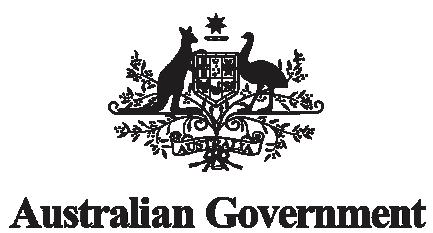
From January next year, the Australian, state and territory governments will jointly fund 180,000 fee-free TAFE and vocational education places as part of a $1 billion 12-month Skills Agreement.
Jobs and Skills Australia, which was the first piece of legislation introduced by the Albanese Government, has successfully passed the parliament and will play an important role in deepening the understanding of the key issues facing Australia’s labour market, providing strategic advice to
government on delivering the skills needed for a productive workforce and strong economy.
But all of this work relies on the need for education and training systems to attract and retain skilled educators.
Without educators, we can’t tackle the skills shortages we are seeing. Without them, we can’t ensure qualifications are more relevant to the jobs of today, and that people have skills that transfer between occupations.
To address this, the Australian Government will work with the states and territories to develop a comprehensive Blueprint for the VET workforce, to ensure the long-term sustainability of the VET sector. The VET Workforce Blueprint will support the sector to attract and retain the workforce needed to deliver on critical and emerging skills needs.
Since being elected in May, we have brought together business, governments, unions and the community to work out new ways of tapping the considerable talents of Australian workers. These are important first steps, but the journey has just begun as we strive to achieve a high skilled workforce of the future.

Built for training in your world, Cloud Assess enables you to deliver real learning and skill development through a blend of face-to-face and online delivery. Create exceptional outcomes with the trusted and award winning Training and Assessment Software.
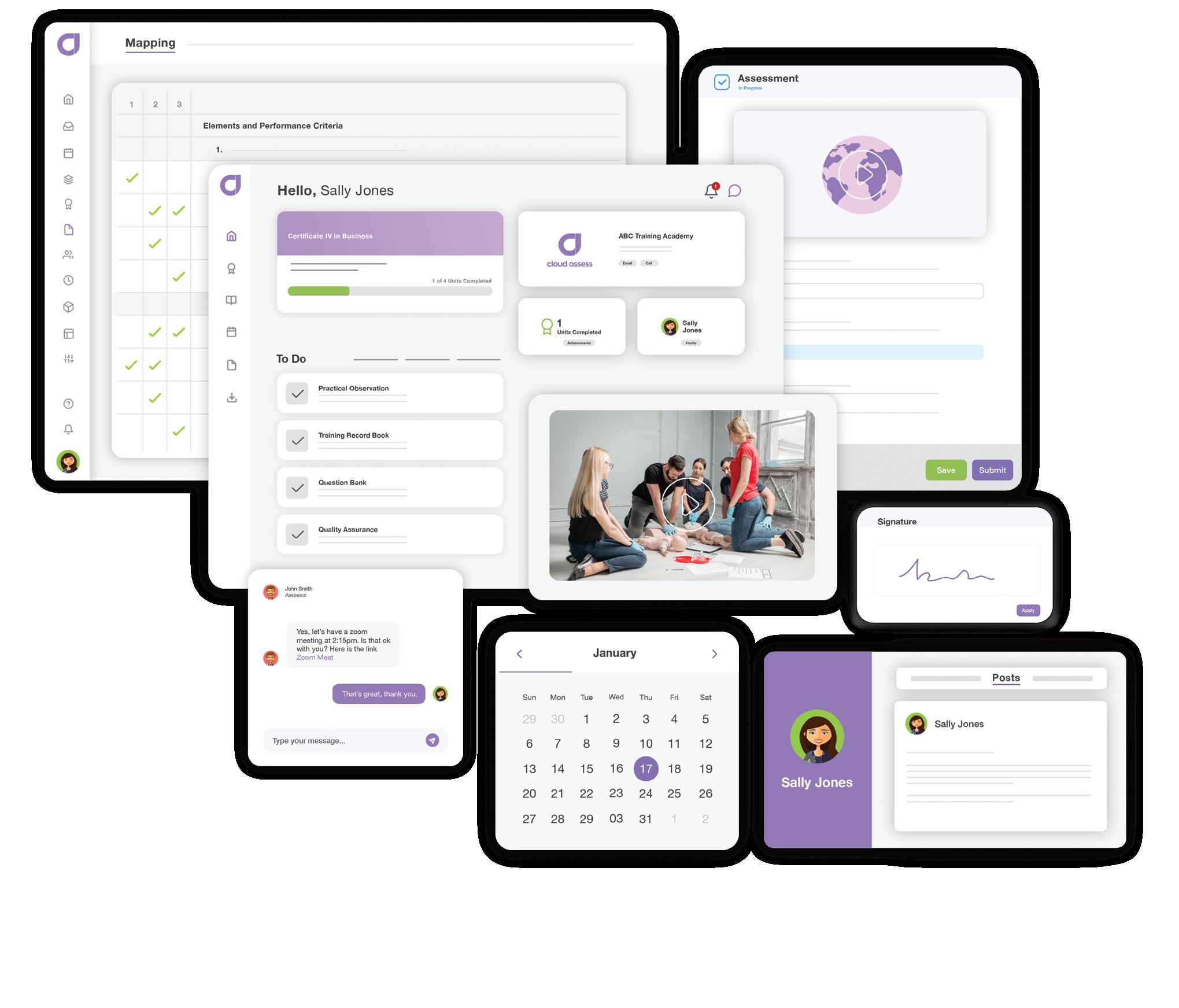
Rated 4.8 / 5 from hundreds of independent reviews



cloudassess.co
1300 00
info@cloudassess.co
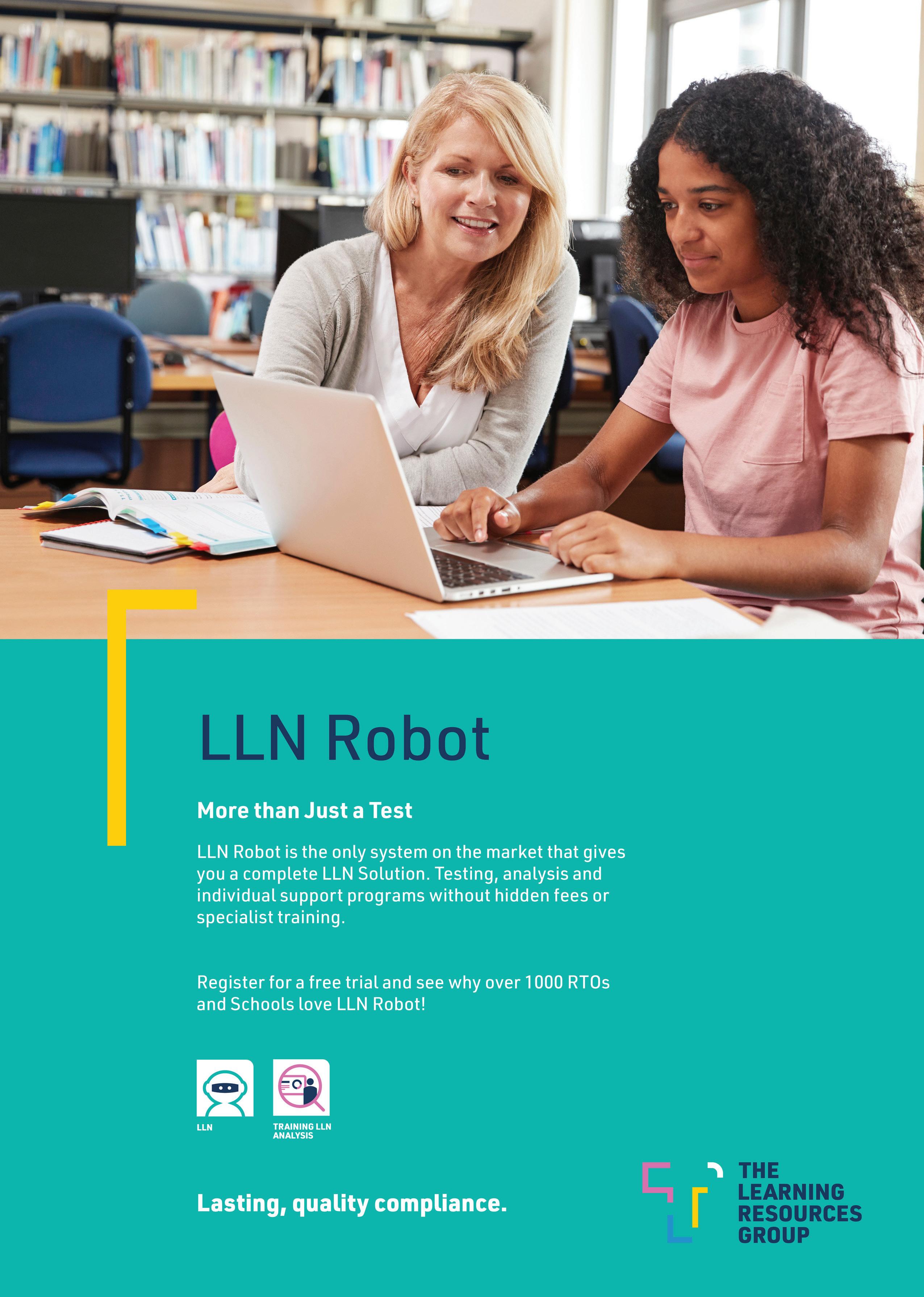
 Saxon Rice, Chief Executive Officer, Australian Skills Quality Authority
Saxon Rice, Chief Executive Officer, Australian Skills Quality Authority
Students, industry, the community, governments and the Australian Skills Quality Authority (ASQA) expect providers to comply with their obligations and have mechanisms in place to ensure that they are meeting the Standards for Registered Training Organisations (RTOs) 2015 (the Standards) at all times, not just when they are interacting with the regulator. This is part of best business practice for all providers and central to maintaining and improving quality vocational education and training (VET).
ASQA is committed to promoting, facilitating, and supporting sector capability to self-assure and, to support this shift, has continued working with stakeholders and providers through all its regulatory interactions to build a shared understanding of self-assurance and how it benefits providers and supports quality outcomes for students. We are also considering how our application of a risk-based regulatory approach can promote self-assurance and how providers can build their own self-assurance capability. Our recent actions in this space include:
• increasingly focusing on provider systems of self-assurance when assessing performance against the Standards

• developing guidance for providers to assist them in understanding their regulatory requirements
• clarifying ASQA’s expectations around systemic monitoring, evaluation and continuous improvement
• engaging with providers about areas of risk and sharing regulatory insights with the sector
• clearly communicating with noncompliant providers so they can understand where they need to improve their performance
• when non-compliance is identified, responding with a range of regulatory tools that reflect consideration of both the nature and seriousness of the non-compliance and whether the provider demonstrates an understanding of the noncompliance and a willingness to rectify, and has systems in place to monitor its own compliance.
Together with the sector, we have also finalised the co-design of a working model for self-assurance which provides a framework for the systems and practices providers can undertake to monitor quality and compliance and continuously improve their performance against the Standards.
In the coming months, we will be continuing our engagement with the
sector to continue to develop the tools and guidance materials needed to support the cultural shift to selfassurance. This includes piloting a new approach to the Annual Declaration on Compliance, so that the data collected assists us in strengthening our understanding of self-assurance practices in the sector. We are also working with the Department of Employment and Workplace Relations (DEWR) to progress a series of Quality Reforms, including a review of the Standards to ensure they are focussed on quality training outcomes.
As the sector continues its journey towards a culture of self-assurance, there will be further opportunities to engage with ASQA and provide input. If you would like to register your interest in this process, or if you have any comments or queries about selfassurance, please contact the project team at StrategicReviews@asqa.gov. au
ASQA presented a paper on “Standards and self-assurance: building confidence in quality outcomes” at the Velg National Conference, held on the Gold Coast on 3-4 November 2022.
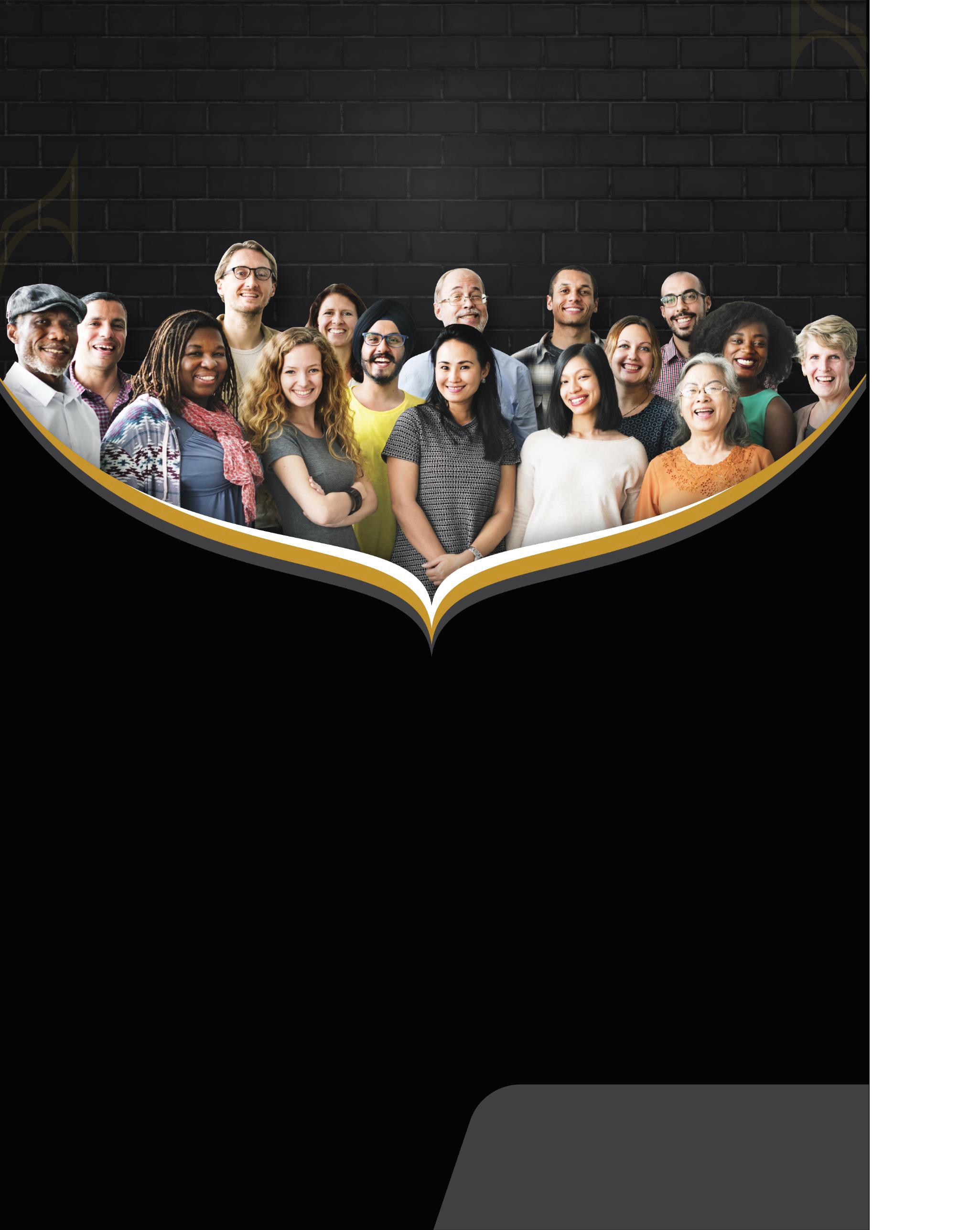







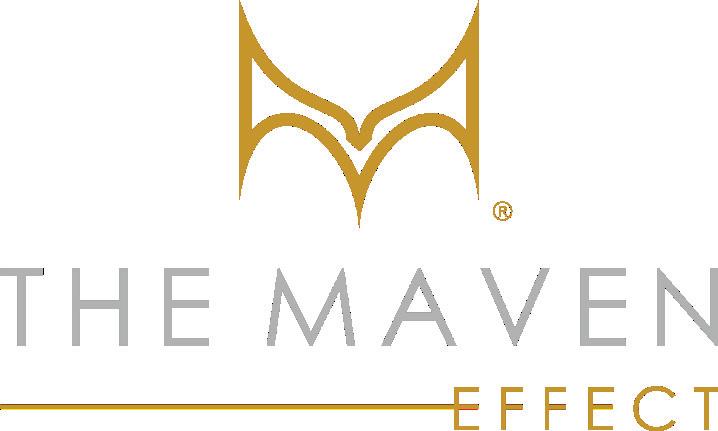












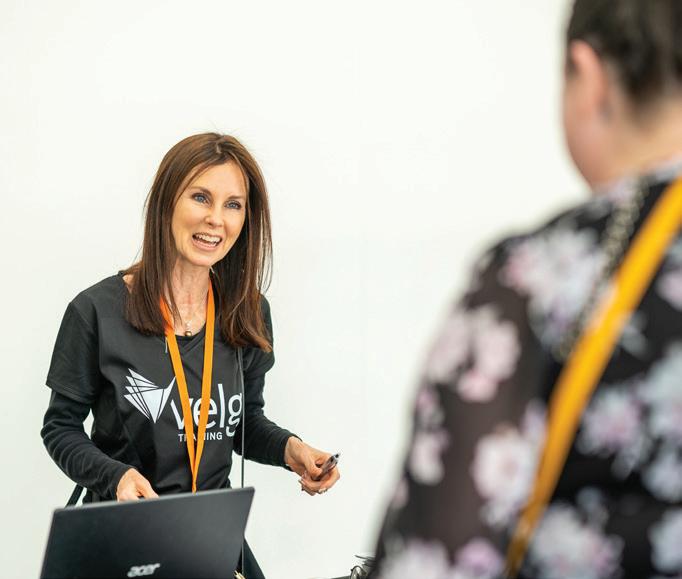


We are so very pleased that our 15th annual National VET Conference, the #2022NVC, held at the Gold Coast Convention Centre, proved to be a smashing event that rebuilt face-to-face attendance and learning opportunities in VET. It was absolutely brilliant to see well over 750 people arrive on the glorious Gold Coast to take advantage of the spectacular November weather, the fantastic location, and the exciting range of presentations and activities. Gathering together in the same place at the same time after such a long time was a real buzz, and the excitement was palpable.
Our theme for the event was “Building Your Roadmap.” With upcoming changes in the VET sector, which were coincidentally brought to light by the announcement of the release of the Draft Standards for RTOs on the first day, the goal was to hold an event that helped all practitioners, no matter what role they played, make a plan, a roadmap, to their chosen destination.
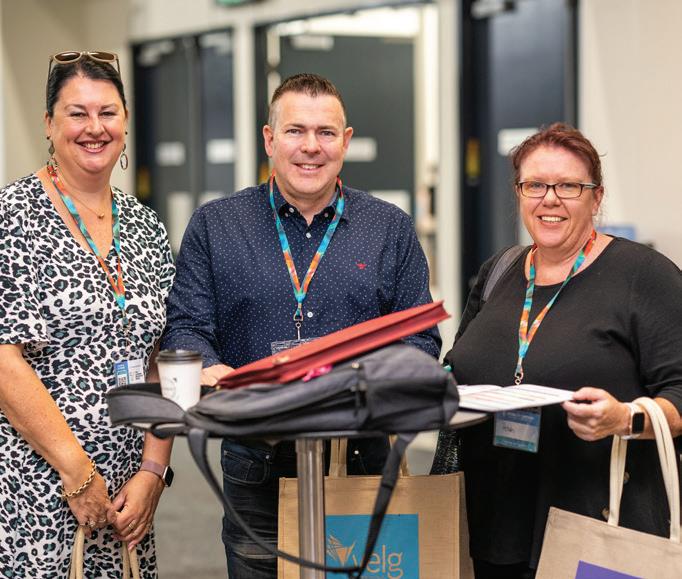
Day one officially kicked off with an Australian Skills Quality Authority (ASQA) update delivered by Christina Bolger, the Deputy Chief Executive Officer. Ms Bolger spoke about the celebration of a vibrant and vital sector, commending delegates for the resilience shown over the last two years and for the commitment to a shared vision which is the passion for a focus on quality education outcomes. “The regulator space is your space,” she said. “Regulation is a conversation.” She continued that conversation by describing the status of reforms to regulatory culture and practice, including some of the changes already made by ASQA and the journey forward that will support the positive culture of cooperation and innovation.
Across both days, the program’s elective sessions were designed to inform delegates’ paths to quality training, assessment, digital/online facilitation, student engagement, management, compliance and administration through sessions delivered by some of the most sought-after presenters in the sector.
On day two, the Honourable Brendan O’Connor MPMinster for Skills and Training graciously delivered the Minister’s Address via video link. The Minister spoke of the nation’s significant skills shortage and the urgent need for government to respond. He also told of a national ‘conversation,” the establishment of Jobs and Skills Australia, and the government’s ambitious agenda to put the skills and training sector back on the right path.
James Castrission, who holds two Guinness World Records and author of books on his world-first journeys, was a highlight of Day 2. Our motivational speaker shared his unbelievable stories of adventure kayaking from Australia to New Zealand and travelling unsupported to the South Pole. A pin could be heard dropping in the plenary room as he inspired us to set our goals of greatness.
Delegates could once again enjoy our favourite part of the NVC, the evening Welcome Function (themed Enchanted Wonderland). After the last couple of years of feeling like we’ve been down the rabbit hole, we were finally able to network and relax with good company, great food and drinks, live entertainment, a DJ, and plenty of chances to win some fantastic prizes. Delegates left the event with a sense of connection, wonderment, and whimsy!
As we wrap up the 2022 year, another NVC done and dusted, we start to work on the 2023 event, which will celebrate the fact that our sector is Training the Nation: Transforming Lives (the theme for next year).
We send out a huge thank you to all Sponsors, Exhibitors, Presenters, and delegates for making the #2022NVC a great success, and we look forward to welcoming you back next year!
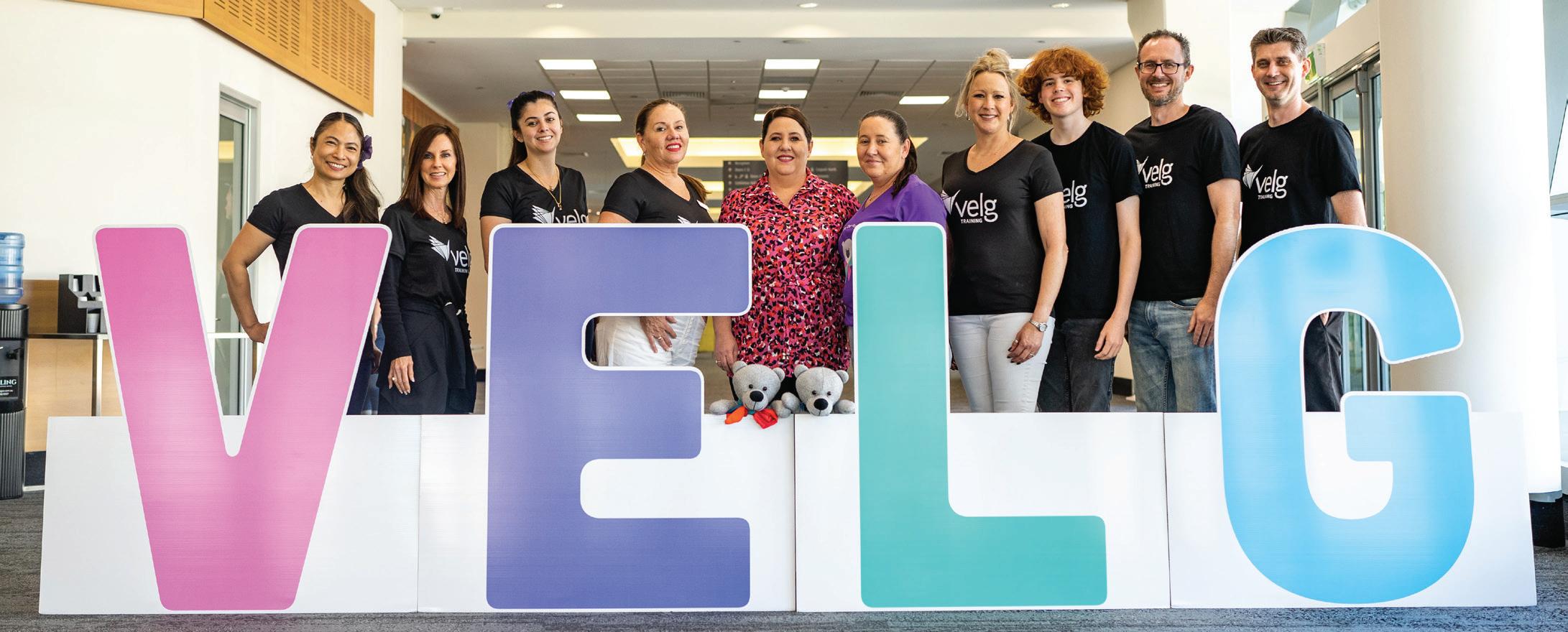

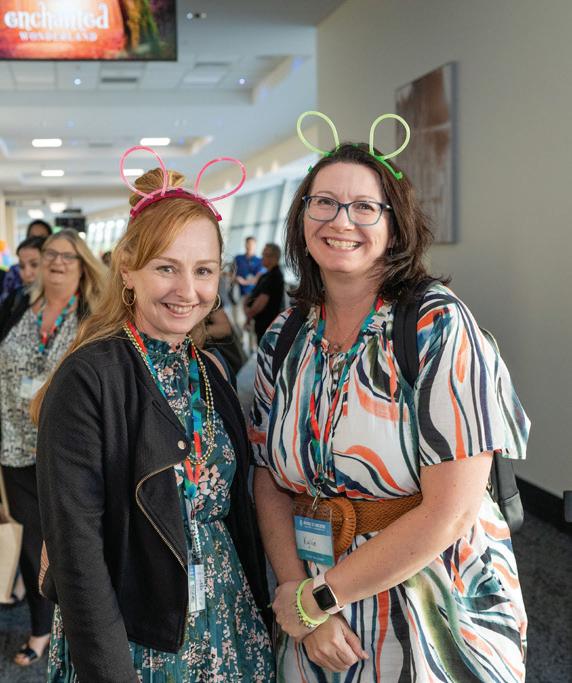

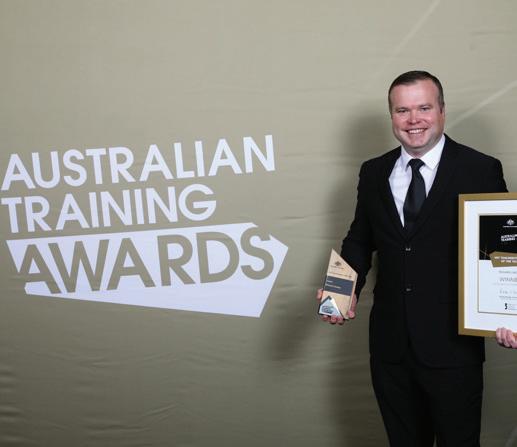
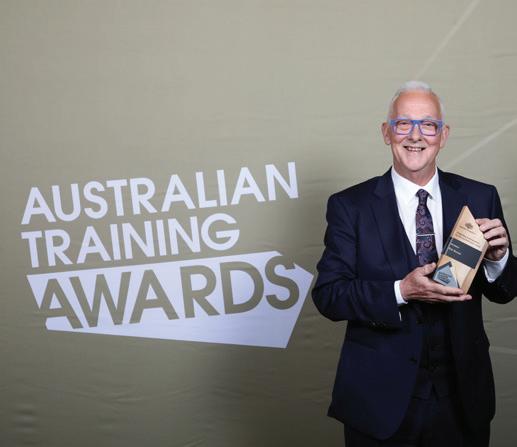

The stories of ordinary Australians doing extraordinary things in the VET sector have been put in lights at the 2022 Australian Training Awards gala presentation in Adelaide.
Hosted by the Hon. Brendan O’Connor MP, Minister for Skills and Training, the Minister praised the winners and the 75 finalists from all over Australia for their dedication in a keynote speech at the Adelaide Convention Centre on Friday 18 November.
“The awards focus not only on the students, trainees and apprentices, but all those people and organisations such as schools, training organisations and employers, who work hard to provide their support and expertise,” Minister O’Connor said.
The Apprentice of the Year Award was hotly contested as always, with Jennah Halley from Queensland being named the 2022 winner. With the completion of her Certificate III in Air Conditioning and Refrigeration, Jennah is believed to be the only qualified female refrigeration technician in Cairns – a statistic she’s hoping to help change.
The Outstanding Achievement in the VET and Skills Sector Award went to Mr Rob Bonner, whose distinguished and influential service within the VET and skills sector spans 32 years. During this time, Mr Bonner has made an outstanding contribution to the
advancement of VET practice and skills development.
The 2022 awards included a new category – the Innovation in VET Award, which recognises and celebrates innovation initiatives in the vocational education and training sector.
The inaugural winner was CathWest Innovation College, recognised for their innovative approach to education and curriculum, encouraging each student’s passion to shine and develop.
This year’s VET Teacher/Trainer Award went to Richard Lindsay from the Australian Capital Territory, who has been teaching at Canberra Institute of Technology since 2016. Richard’s dedication and ability to develop a flexible delivery model has broadened the capabilities that apprentices develop in his automotive program, increasing their effectiveness when they return to their dealerships.
The Large Training Provider of the Year Award went to Bendigo Kangan
Institute from Victoria, while the Small Training Provider of the Year Award went to Academy of Film, Theatre and Television, operating in New South Wales.
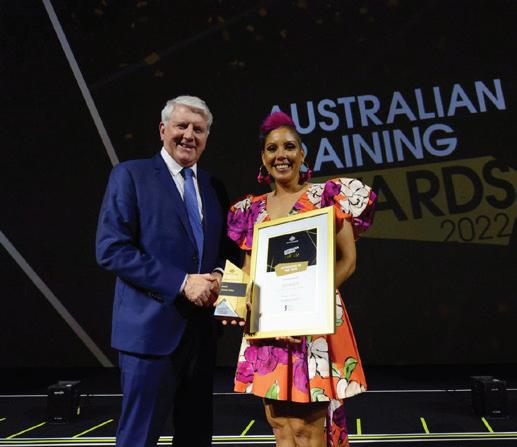
The awards also paid tribute to the teachers, trainers, businesses, TAFEs and RTOs who have worked tirelessly to improve the careers of countless individuals across the nation.
Australian Training Awards recipients and finalists leverage their success to become VET ambassadors through the Australian VET Alumni, to share their stories of success and encourage people to consider VET at all stages throughout their career.
The Australian Training Awards are held in November each year, recognising and celebrating excellence in the VET sector, and promoting the benefits of skills and training to the broader community.
The 2023 Awards will be held in Hobart, Tasmania with nominations opening in early 2023.
Envirotech Group links Australian Registered Training Organisation (RTO), IP exporter, international mobility legal consultancy and environmental education consultancy companies.
Envirotech is proudly leading research, development, export, and delivery of the first Marine Habitat Conservation and Restoration (MHCR) Vocational Education and Training (VET) Australian Accreditation frameworks. This is a turn-key solution for partners to deliver our Australian eTVET IP:

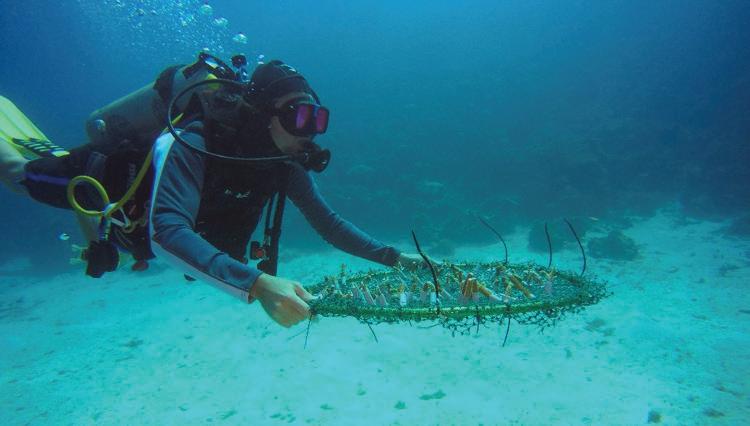
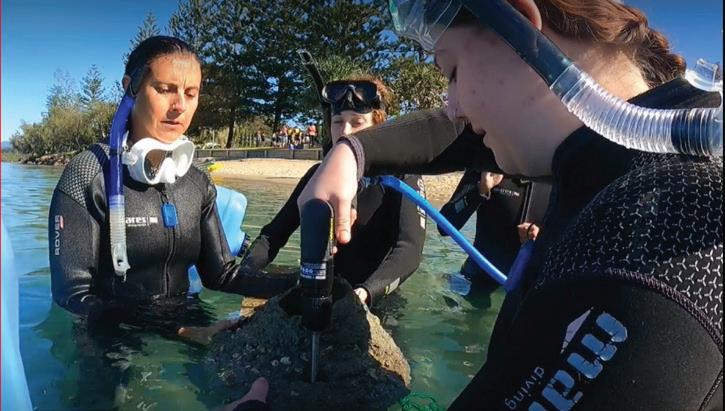
10749NAT Certificate II in Marine Habitat Conservation and Restoration
10750NAT Certificate III in Marine Habitat Conservation and Restoration
11078NAT Certificate IV in Marine Habitat Conservation and Restoration
11087NAT Diploma of Marine Habitat Conservation and Restoration
The MHCR accreditations were developed with the concept of “Marine Biology for the Fisherfolks”, removing the marine environmental industry glass ceiling from remote traditional communities. Walking with Australian First Nations, The Quandamooka People, I am grateful for Mark Jones and other students who welcomed us to country and shared our passion. We acknowledge the traditional landowners of Minjerribah and the Quandamooka people, we give thanks, love, and respect to the First Nations elders past, present and future.
Envirotech vision and mission are anchored on the development, registration, and IP assignment of transnational eTVET programs, and sustainable operations in emerging
industries, e.g.: environmental management, aquaculture, marine habitats conservation and restoration with vocational accreditations aligned with 2030, and 2050 visions and the UN long-term sustainability goals.
The Marine eTVET accreditations support eco-education international mobility programs, as well as a large range of marine technician microcredentials, e.g.: Corals, Mangroves, Seagrass, Bi-Valves, Blue Carbon Ecosystems, and many more immersive environmental professional Australian national accredited courses and specialisations skillsets.
We continue to contextualise the eTVET IP with international and national industry leaders to create locally tailored curriculum and training designs with IP assignments for partnership roadmaps that support specific locations environmental parameters.
The strategic approach of marine eTVET accreditations is aligned with aquaculture, field laboratory, environmental compliance, sustainability, and innovation eTVET accreditations, fusing traditional and scientific regenerative methodologies, addressing biosecurity and food security.


Envirotech group is privileged to have expert teams in Australia, Asia, Middle East, and Europe as we continue to invest in regional environmental vocational education and industry partnerships and further develop environmental micro-credential specialisations that support regenerative blue economies

and eTVET innovative sustainable development, with offshore strategic partners.
Becoming expert engineers of eTVET frameworks was an incredible journey, for which I wish to thank the entire Envirotech team, and especially, my Co-CEO, Mrs Melinda De Luna, who is leading the Envirotech team of experts and consultants.
Our deepest gratitude to John Dwyer from Velg Training, for the outstanding consultancy course accreditation services.
Working with the Australian Skills Quality Authority (ASQA) course accreditation team was one of my best professional experiences, for which I am grateful for Ms Robyn Porter, Director of Course Accreditation for her outstanding communications and leadership, heading this important ASQA arm.
eTVET R&D is a journey of passion, shared with environmental experts, communities, and corporates, together closing enviro-skills gap, converting science to immersive, inspiring, practical skillsets, micro-credentials, and environmental technologies know-how, converting environmental challenges to opportunities.
Shelly Bengiat Melinda De Luna
We are excited to launch Vision Australia Certificates in Access Technology delivered online by TAFE Digital in 2023. These certificates contain units of competency that focus on knowledge and skills to access the workspace. They explicitly outline concepts that are learned incidentally by those who can see and required by people with blindness, and low vision, to have equitable access to the workspace.
The certificates came about, after international research revealed the low employment rates for people with blindness and low vision, with an estimated 24% of Australian people who are blind or have low vision employed full time in Australia (Vision Australia et al., 2018). Shortly after the 2020 Review of the Disability Standards for Education 2005, recommended that “the Australian Government Minister for Skills work together with skills ministers through the Heads of Agreement for Skills Reform to identify opportunities to strengthen delivery of vocational education and training for learners with disability” (Recommendation 8).
To address low unemployment, we sought to create units of competency to
teach the access and technology skills required to participate in learning and preparation for employment. Evidence from an extensive literature review and stakeholder consultation has shown that learners with blindness and low vision need to be explicitly taught the skills that their peers learn incidentally through vision. Once they have been taught these skills, they gain confidence and capability to apply them to the workspace. Units of competency include: orientation and mobility in the workspace, interactions with others, communication using screen readers, magnification and tactile outputs, as well as skills for independent living to be prepared for work.
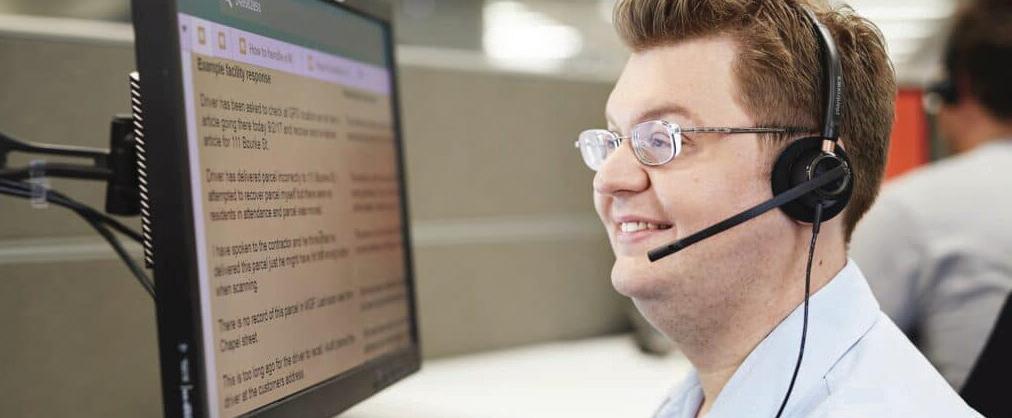
A trial of the units, has found the certificates increase accessibility for people with blindness and low vision by increasing learners’ skills and capability identified as being required for the workspace. The qualitative feedback clearly outlined the success of the certificates and the potential these can have to a) increase students’ confidence of their skills and b) increase employers confidence.
Stakeholder feedback supported the certificates as being suitable for people with blindness and low vision, or other print disabilities such as dyslexia, and for educators, therapists and employers, who may work with people with blindness and low vision. It has been said that these units can help every learner prepare for employment!
Vision Australia’s Certificates in Access Technology were awarded an ADCET Accessibility in Action Award in 2022.
If you would like more information on how these certificates may suit your requirements/ or be adapted for your learners, please reach out to Melissa.Fanshawe@usq.edu.au
Melissa Fanshawe is a senior lecturer in the School of Education at the University of Southern Queensland and a trained specialist teacher of students with vision impairment. Melissa led the ASQA approval and content development for the VET certificates for Vision Australia, which included 96 stakeholders throughout Australia.
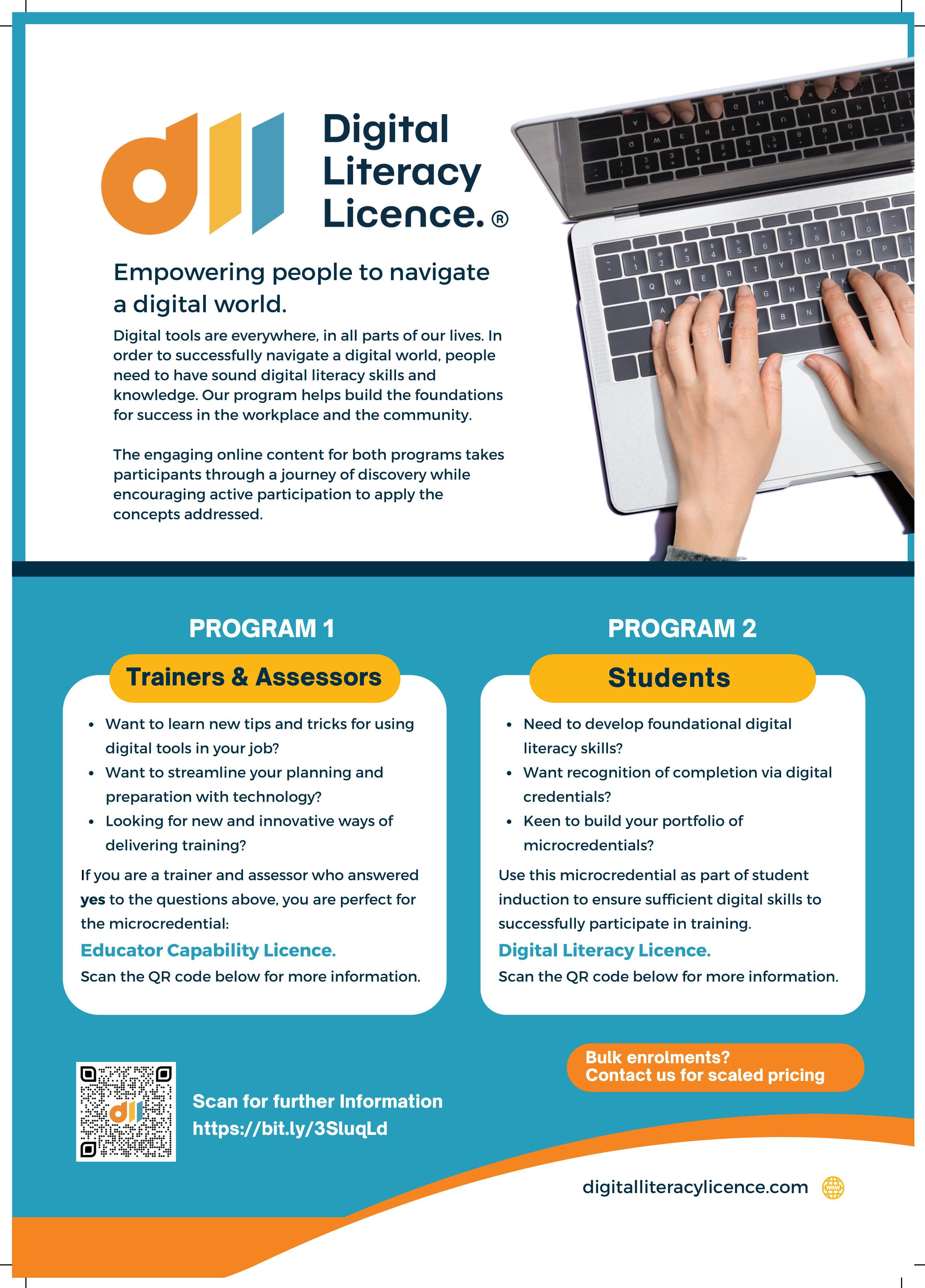
In 2019, Standards Australia adopted the international standard ISO 21001 2018 – Educational organizations –Management systems for educational organizations; and renumbered them to AS ISO 21001-2019.

The requirements of AS ISO 21001 are generic and can apply to any organisation that promotes and delivers education and training products through teaching, learning, or research, regardless of their size, scope, or method of delivery.
The Australian Quality Skills Authority (ASQA) has recently been promoting and supporting an approach for RTOs to develop and implement a selfassurance model. Based on feedback received they have developed and communicated their definition of selfassurance as being:
“Self-assurance refers to how providers manage their operations to ensure a focus on quality, continuous improvement, and ongoing compliance with the Standards. It involves providers having systems in place to critically examine their performance against the Standards and training outcomes, on an ongoing basis to meet obligations and identify ways to continuously improve.”
A co-designed working model for self-assurance (ASQA, September 2022)
ASQA also suggest the Self-Assurance Approach should be flexible and fitfor-purpose. So, what might flexible and fit-for purpose look like? RTOs are already committed to ensuring their delivery and assessment systems reflect internal and external customer needs and that they seek feedback
from stakeholders and identify and act upon opportunities for improvement.
But is there a more systematic way?
Based on background work to date, it is expected that compliant RTOs (including those that are also CRICOS registered) could achieve between 70% to 75% of the AS ISO:21001 requirements. By deciding to implement the ISO approach, they could also experience the following:
• Better alignment of operational objectives and activities to their strategic plan.
• A consistent approach to process control and the use of improvement tools to achieve efficient, effective outcomes.
• Increased credibility in the VET environment.
• Developing a quality culture of continual improvement (self assurance).
• Harmonising regulatory standards (SRTO and CRICOS) within an international quality framework.
• Increased participation of industry and other stakeholders.
RTOs have clearly identified the difference between compliance, ‘meeting the standards’, and quality, ‘meeting the needs of the customers.’ Many have developed strong visionary leadership supported by comprehensive and effective communication systems, along with risk management and data gathering processes that influence opportunities for improvement.

AS ISO 21001 incorporates all of these features and promotes a process
model approach to managing quality that links each step in the process to the requirements of ISO and, consequently, SRTO and CRICOS requirements.
So, if you are asking yourself: “Would we have to start from scratch by adopting an ISO approach that supports self-assurance?” The answer is No
Adopting an ISO approach is one way for an RTO to improve and strengthen what they already do well (quality management) while pointing to any gaps that need to be filled to meet all the requirements of AS ISO 21001:2019.
While there is still work to be done to develop examples and case studies of self-assurance, it’s worth considering how what is already in existence could be applied.
John Price and Rodney Cryer collectively have more than 60 years’ experience in the VET sector and the development and implementation of Quality Management Systems. They have combined their experiences in quality and training to map AS ISO 21001, the SRTOs 2015, and the National Code 2018 to an RTO process control approach.



IMPORTANT CHANGES ARE COMING TO THE VET SECTOR AND NOW IS YOUR CHANCE TO HELP SHAPE THEM!
Participate in this critical consultation process by reading the consultation paper and supporting resoures found here.
Provide your feedback! Scan the code above
Consultation is being sought on the change, design, and implementation of this program which will affect how VET data is submitted and reported. Get involved! Scan the code above


Former Yahoo! President and CEO, Marissa Mayer, once said, “With data collection, ‘the sooner the better’ is always the best answer.” Yet in Australia, VET student activity data is often out of date by the time it is available to decision makers across much of the VET sector.
‘Better data, faster’ is the driving force behind the VET Data Streamlining program; an initiative led by the Australian Government Department of Employment and Workplace Relations in partnership with the National Centre for Vocational Education Research (NCVER), and state and territory training authorities.
While there are pockets of excellence across the sector, the way we currently collect and manage student activity data at the national level is multilayered, complex and inconsistent. World leading education and training must have a solid foundation, which means it must be supported by quality information and data, enabled by contemporary technology.
This multi-year program is set to modernise the way VET student and activity data is managed and utilised, with a focus on improving outcomes across the sector nationally. The key changes include: the introduction of a new VET Information Standard (replacing AVETMISS) for training providers to report against; the introduction of clever technology that
can be integrated with a provider’s existing Student Management System; and changes to when data is required to be submitted.
There are benefits for training providers, including reduced duplication through the introduction of a national dataset (which includes state and territory data elements) in a consistent, consolidated and easy to understand Information Standard. Other features include being able to submit student activity data soon after internal records are updated and confirmed. This is good news for providers and students—who will be able to access up-to-date transcripts of their studies which they can use to demonstrate competencies to gain employment.
As VET professionals, we understand that skills and knowledge power the economy and lay the foundation for people, and the nation, to thrive. We also know that to stay ahead of the curve, we need to anticipate megatrends, and innovate—responding with agility to emerging challenges.
Many of us lived this experience during the pandemic, shifting to online learning and supporting students in a way we’d never done before. While the pandemic taught us many lessons, there are more challenges ahead for Australia as we face acute skills shortages across the labour market.
The VET Data Streamlining program aims to build the solid foundation that ensures Australia’s VET sector has the data it needs to remain globally competitive, resilient to emerging challenges and is well positioned to harness the power of information to support economic growth.
Australia’s future depends on a highly skilled workforce; one that is equipped with the skills necessary to navigate a rapidly changing world. Quality, timely data is one essential element needed to build this reality. The insights gained from data are more important now than ever before. It was the writer and physician, Arthur Conon Doyle, who said, ‘Data! Data! Data! I can’t make bricks without clay!’
More information: www.dewr.gov.au/vds RTO Hub (ncver.edu.au)
The Australian Government Department of Employment and Workplace Relations contributes to Australia’s economic prosperity and social wellbeing by enabling access to quality skills, training and employment to support Australians find secure work in fair, productive and safe workplaces.

New educators enter the TAFE sector from Industry, yet large numbers exit teaching in the early stages of their teaching careers. The substantial costs associated with onboarding new educators enter a ‘cycle of doom’ when the process is required to be consistently repeated! In most cases the entry point is as a sessional or short-term contract employee (Misko, Guthrie &Waters. 2021). Our newest educators are, for the most part, active in their industry while trying simultaneously to learn the craft of teaching and the attributes of their organisations.
A new educator often arrives without a toolbox of teaching activities which they can contextualise. This may be due to the entry level qualification (TAE40116) seldom having a ‘demonstrated and embedded’ focus on teaching skills. In fact, for many the familiar teaching activities they recall are from their own experiences in the school sector.
Upon their arrival, new educators consistently indicate that they receive numerous unrealistic expectations. They are often isolated geographically, socially, and educationally, only to discover themselves the focus of their students without the educational support required to undertake their teaching roles.
While visiting new educators and in coaching conversations over the past twenty years the following themes have been consistently repeated:
• Isolation
• Lack of interpersonal connection
• Uncertainty (yet feel the need to appear confident)
• Unsure of both F2F and blended approaches and the use of technology
• Support educators absent or not focussed on the needs of new educators
• Lack of resources/ assessment
• Uncertainty around learner engagement and managing behaviour
Providing an organisational support plan for new educators is a game changer. Support the new educators and they will stay and make substantial and ongoing contributions to your organisation.
The optimum way to achieve this success has six interrelated components.
1. Induction into Teaching
Initial organisational induction needs to include a focus on the development of basic teaching skills (Guthrie 2010). It should also focus on the most pertinent policy and procedure to begin teaching, explain the organisational structure and demonstrate the support services available to new educators.
2. Selection of an experienced and respected “Educator’s Educator”
The person to implement this program is the lynch pin of success. The educator should ideally be well qualified in education, have exceptional communication skills and have experience in varied and innovative teaching strategies.
3. Departmental connectivity and a mentor
The new educator needs to be introduced and welcomed into the teaching area. They should be allocated a mentor who can partner with the new educator around session planning, reflective practice and general survival skills.
4. Ongoing support sessions to learn new teaching activities and approaches
Ideally the educator’s educator implements shared sessions for the group of new educators demonstrating, trialling and documenting innovative teaching activities which are readily transferrable into varied teaching areas.
The educator’s educator implements a program of 1:1 coaching, ideally at least four times a year, either face to face or online. These coaching sessions should focus on the implementation of the shared teaching activities and any other relevant wins or concerns.
A place on the organisation’s management system to store instruction materials relevant to the teaching activities and other relevant resources valuable to new educators.
When these six interrelated components work effectively, new educators will be present, productive and positive in our organisations.
Guthre, H. (2010). A short history of initial VET teacher Training. NCVER. Adelaide.
Misko, J., Guthrie, H., Waters, M., (2021). Building capability and quality in VET teaching: opportunities and challenges
Kay Schlesinger has worked across educational sectors. Kay has worked in VET and Higher Education for 19 years, designing and implementing numerous teaching qualifications and mentoring hundreds of new teachers. She continues to contribute to the development of teaching skills at Melbourne Polytechnic and through her consulting company.
kgedconsult@bigpond.com.au
This eZine is sponsored. Velg Training works with advertisers from across the VET industry to publish our biannual eZine!












Connect with Velg Training’s database of 70,000+ Members and Followers.
Download our 2023 Media Kit or contact: sponsorship@velgtraining.com
All rights reserved. No part of this publication may be reproduced, distributed or transmitted in any form or by any means without explicit written permission of the editor, except in the case of brief quotations and other non-commercial uses permitted by copyright law. For permission requests, write to the editor at the address below, with the subject “Permissions Request”.
CONTACT Velg Training Pty Ltd. 9 Froude Street Banyo QLD 4014 07 3866 0888 | enquiries@velgtraining.com
BECOME A MEMBER To stay connected with Velg Training and find a membership option that best suits you visit velgtraining.com/membership.
CONTRIBUTE Velg Training welcomes previously unpublished editorial contributions in the form of VET sector news, events and feature articles supplied with high quality web resolution photographs. All submissions will be published at the editorial committee’s discretion and may be used in Velg Training’s eNewsletters upon confirmation with the contributor.
ADVERTISE Advertising space is limited and bookings will be confirmed upon receipt of payment on a ‘first in, best dressed’ basis. Advertising bookings do not guarantee editorial submissions will be published. For more information, view the Terms and Conditions of Contract in the 2023 Media Kit.
Publication design by Scott Hynd, Graphic Design and Marketing Officer, Velg Training




Join us in November 2023 for the National VET Conference. There are opportunities to attend, present or sponsor the largest gathering of Vocational Education and Training practitioners across Australia!
